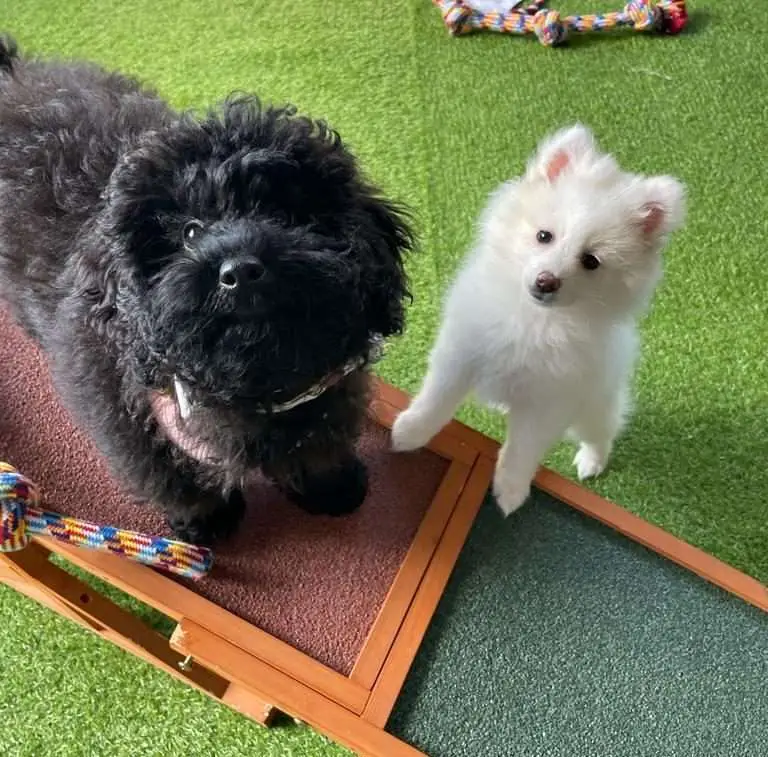Socialising your dog. Welcoming a furry friend into your life is a joyous occasion, and ensuring your canine companion is well-socialised is a crucial part of responsible pet ownership. Socialisation plays a pivotal role in shaping your dog’s behaviour, temperament, and overall well-being. In this blog post, we’ll explore why socialisation is essential for dogs and provide practical tips for fostering positive social experiences.
Understanding the Importance of Dog Socialisation
Socialisation is the process by which dogs learn to interact appropriately with people, other animals, and their environment. This vital training helps prevent behavioural issues, fear, and aggression, ensuring your dog grows into a well-adjusted and confident companion. Early and ongoing socialisation is particularly crucial during the critical developmental stages of puppyhood.
Signs of a Well-Socialised Dog
A well-socialised dog exhibits various positive behaviours, including:
1. Confidence: A socially adept dog is confident and comfortable in various environments and situations.
2. Adaptability: Well-socialised dogs adapt easily to new people, animals, and surroundings.
3. Playfulness: They engage in positive and appropriate play with other dogs and people.
4. Calmness: Socialised dogs are less likely to exhibit fear-based behaviours, such as excessive barking or aggression.
Tips for Socialising Your Dog
1. Start Early:
– Begin socialising your puppy as early as possible, as soon as they have had all necessary vaccinations.
2. Positive Experiences:
– Ensure that early socialisation experiences are positive and rewarding. Use treats, praise, and toys to reinforce good behaviour.
– Gradually expose your dog to various environments, sounds, and surfaces.
3. Doggy Play dates:
– Organise playdates with other well-behaved dogs. Monitor the interactions to ensure they remain positive.
– Choose dogs with similar energy levels and play styles.
4. Puppy Play
– We offer free Puppy Play on Saturdays for Blakehurst Vet puppies aged 9-14 weeks.
– These sessions provide structured socialisation opportunities and are a great way to socialise with other aged pups in a monitored environment.
5. Exposure to Different Settings:
– Take your dog to different places, such as parks, markets, and pet-friendly events.
– Expose them to various stimuli like bicycles, prams, and different types of people.
6. Handling Exercises:
– Gently handle your dog’s paws, ears, and mouth to accustom them to grooming and veterinary care.
– This helps prevent fear or aggression during routine care.
7. Consistent Positive Reinforcement:
– Continuously reinforce positive behaviours with treats, praise, and affection.
– Correct undesirable behaviours calmly and redirect your dog’s focus.
Socialising your dog is an ongoing and rewarding process that significantly contributes to their overall happiness and well-being. By investing time and effort in positive social experiences, you’re not only preventing potential behavioural issues but also nurturing a strong bond between you and your furry friend. A well-socialised dog is a joy to have around, making every interaction a positive and enjoyable experience for both of you.

